Opting for a storage container provides a multitude of eco-friendly benefits. Firstly, these containers are often made from durable steel, ensuring longevity and reduced need for replacements, unlike other temporary structures that may require frequent replacements. This durability not only contributes to long-term cost-effectiveness but also minimizes waste. Many storage containers, besides being weather-resistant, are designed with sustainable construction in mind. Some manufacturers may incorporate recycled materials in their production processes, further reducing environmental impact. Storage containers also aid in reducing resource consumption. In scenarios where additional building structures would have been necessary, a storage container eliminates the need for extra construction resources, preserving valuable materials. Reusing and repurposing containers also contribute significantly to waste reduction. Rather than discarding units that have fulfilled one purpose, they can be continuously recycled for new ventures, maintaining active utility without contributing to landfill congestion. Their robust, sealed construction reduces energy consumption and assists in maintaining temperatures inside, with minimal external climate interference. Storage containers serve as a great example of efficient adaptability, proving that functionality and eco-responsibility can go hand-in-hand. Their transitional versatility means they can be promptly adjusted for various applications, preventing unnecessary additional resource expenditures on new infrastructure projects.
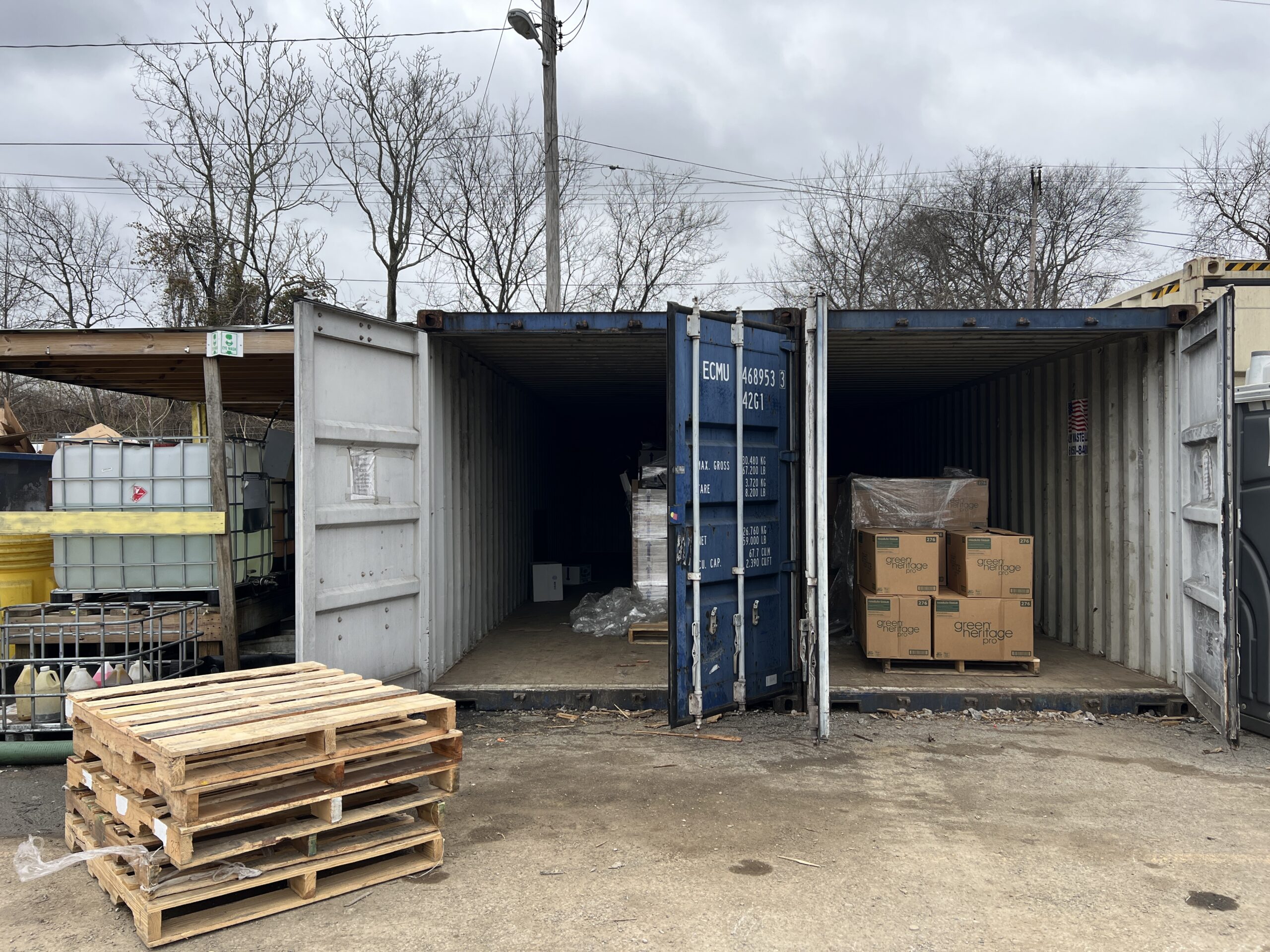
Storage Container Rentals in Calhoun, Tennessee
Call today for a free quote (423) 719-5081
Storage Container
Fast, Easy, & 100% Free To Get Started
25 Years Of Excellence
Our company, with over 25 years dedicated to Calhoun, stands firmly as a part of the community. We focus on providing top-notch storage solutions while ensuring unmatched customer satisfaction.
Unmatched Quality Service
Experience the unmatched quality and satisfaction of our storage container service. We deliver reliable, efficient solutions specifically tailored to your needs.
Swift And Reliable Delivery
We promise quick and reliable delivery of our storage containers, ensuring your requirements are met promptly. Trust us to deliver on time, every time.
Reliable Storage Solutions in Calhoun
Call for a Free Quote Today
(423) 719-5081
Explore reliable, locally-operated storage solutions with our premium storage containers in Calhoun, Tennessee. Known for our dependability and dedication to service, we cater to Calhoun and nearby communities. Whether you're organizing a construction site, planning a party, hosting a festival, or celebrating a wedding, our containers offer an ideal solution. As a locally-owned company, we pride ourselves on being dependable, trustworthy, and attentive to your needs. Trust us to professionally manage your storage requirements.
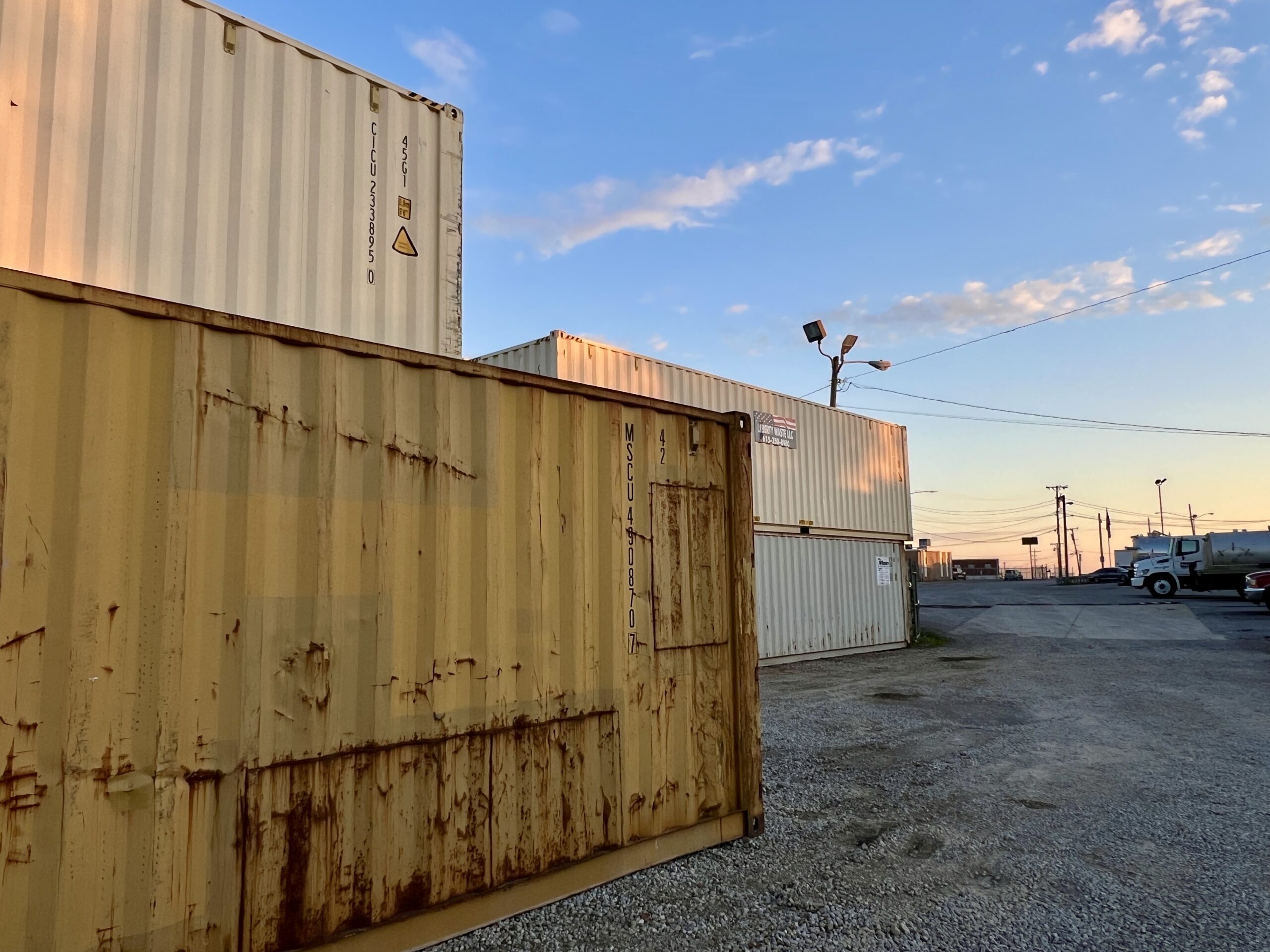
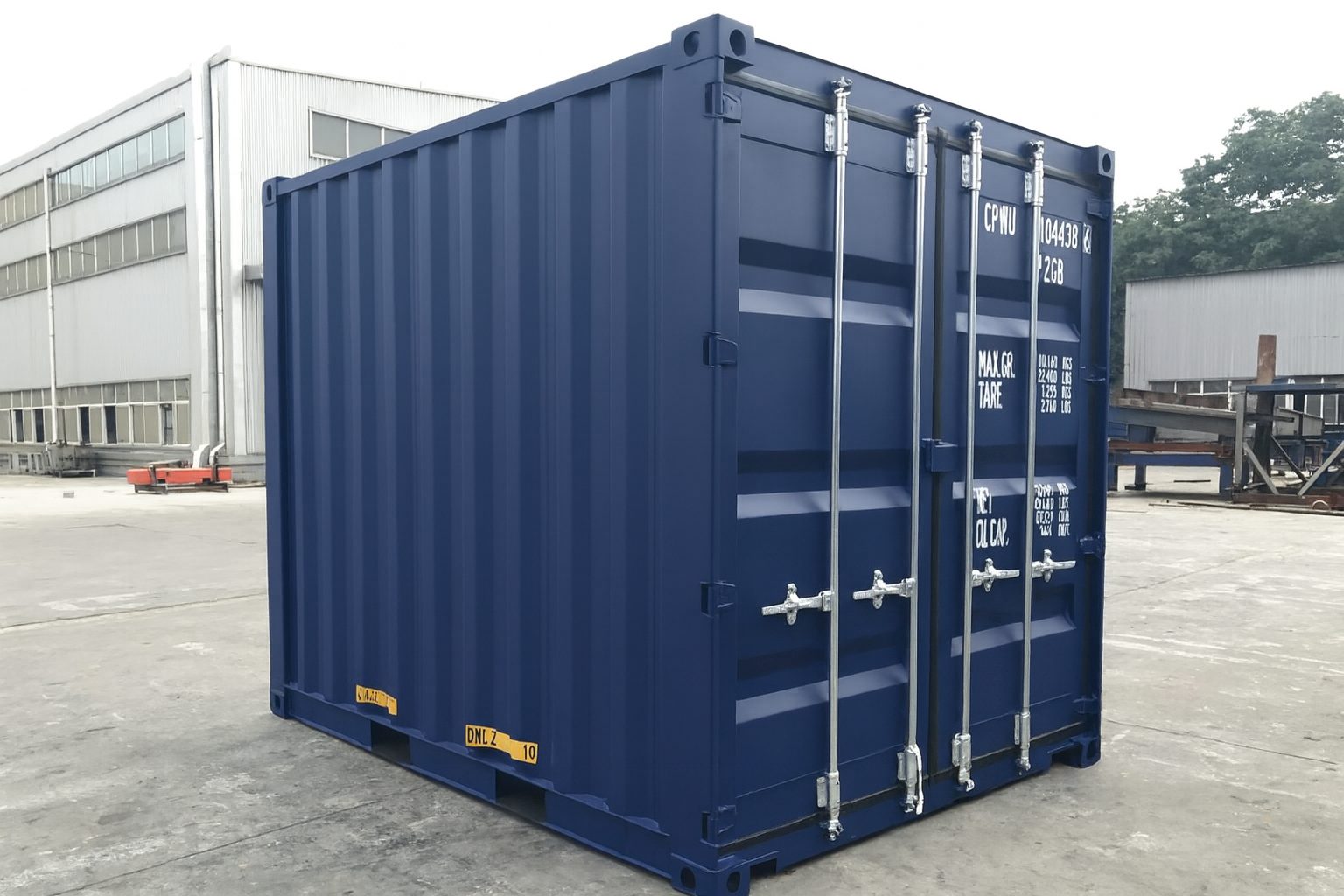
10-Foot Storage ContainerDimensions: 10′ × 8′ × 8′Capacity: ~640 ft³Perfect for small moves, dorm clean-outs, or seasonal overflow.
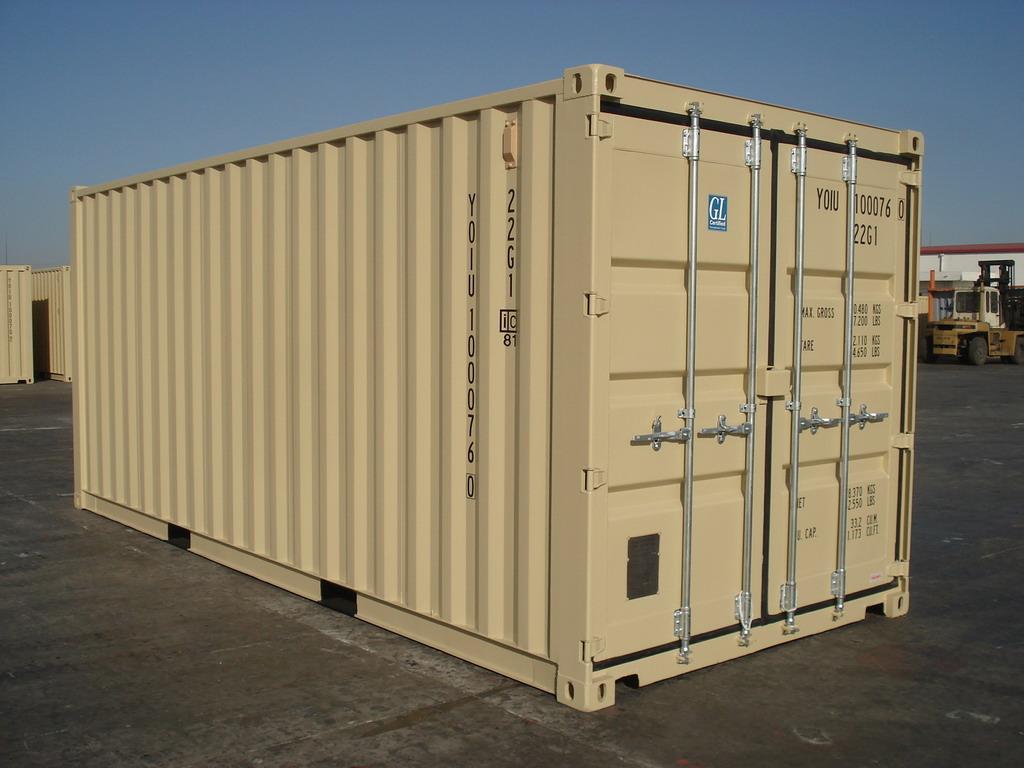
20-Foot Storage ContainerDimensions: 20′ × 8′ × 8′Capacity: ~1,360 ft³Ideal for apartment relocations or business inventory needs.
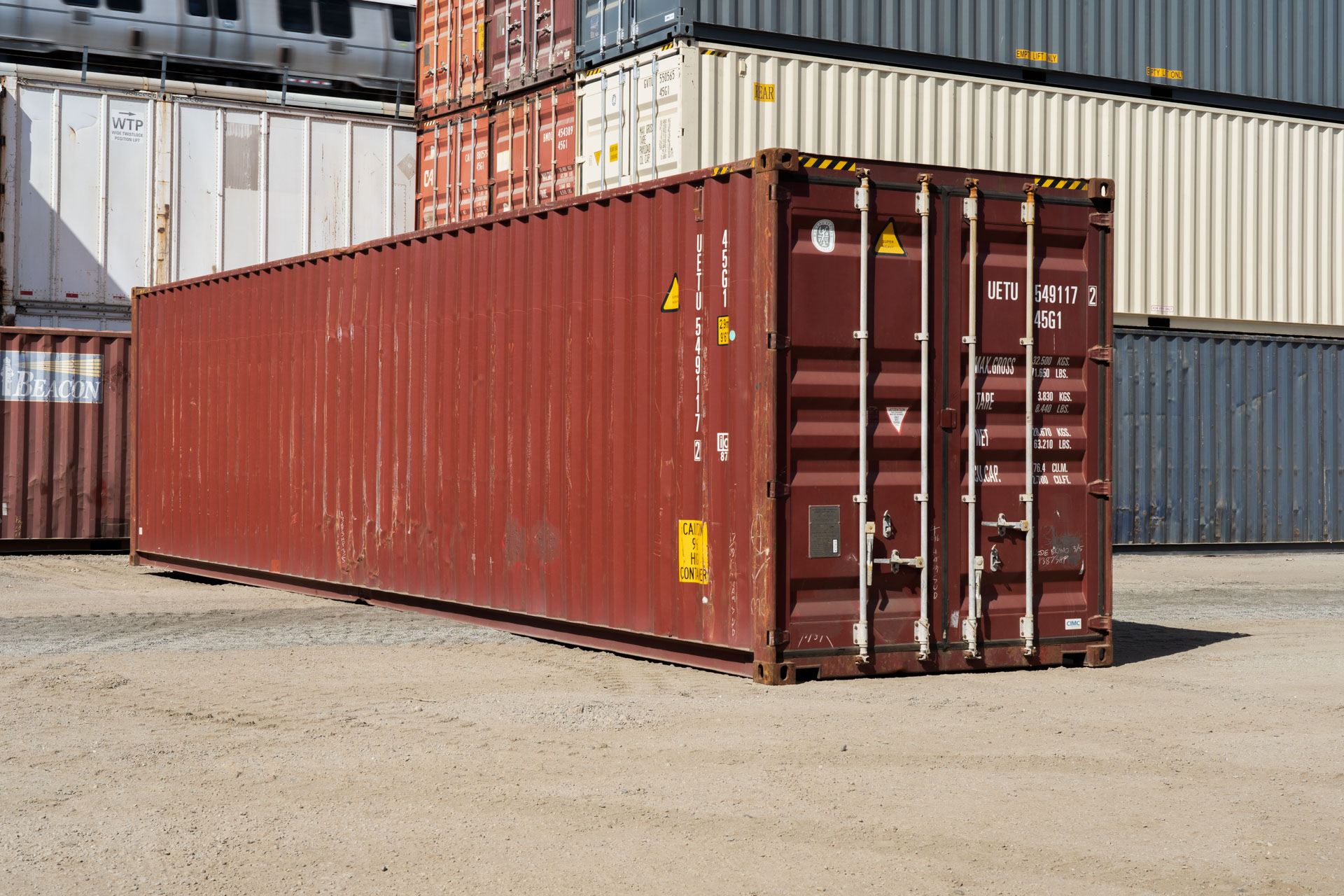
40-Foot Storage ContainerDimensions: 40′ × 8′ × 8′Capacity: ~2,720 ft³Suited for full-house moves, large equipment, or commercial warehousing.
We Proudly Serve
Standard Portable Toilets
Our Standard Portable Toilets provide reliable sanitation solutions, perfectly suited for both personal and commercial needs across Tennessee.
High Rise Portable Toilets
Calhoun's High Rise Portable Toilets offer elevated convenience for construction workers and event-goers alike.
Restroom Trailers
Experience upscale sanitation in Calhoun with our Restroom Trailers, offering unmatched luxury and comfort.
Roll off Dumpsters
Efficient waste management is guaranteed with our Roll-off Dumpsters, available throughout Calhoun and beyond.
Septic Tank Cleaning
Our Septic Tank Cleaning service in Tennessee ensures your systems are clean and fully operational.
Grease Trap Cleaning
Keep your restaurant's kitchen compliant and functioning smoothly with our Grease Trap Cleaning service in Calhoun.
Fencing & Barricades
Secure your event or site with our reliable Fencing & Barricades service across Tennessee.
Residential Storage
Depend on us for secure, accessible Residential Storage solutions in Calhoun, Tennessee.
Calhoun Storage Solutions
At the heart of what we do in Calhoun, Tennessee, we offer stress-free ways to obtain a quote and delivery for your storage container needs. By filling out a short form with your contact details, you can swiftly request a quote tailored specifically to your requirements. Our user-friendly online system ensures the entire process, from quote to delivery, is seamless and efficient. Whether for construction projects or personal use, our streamlined approach reduces waiting time and guarantees prompt service. Customers can also enjoy direct assistance via our 'Get A Quote' buttons placed strategically across our platforms. Rest assured, our dedicated team is focused on making your storage solution acquisition smooth and convenient.
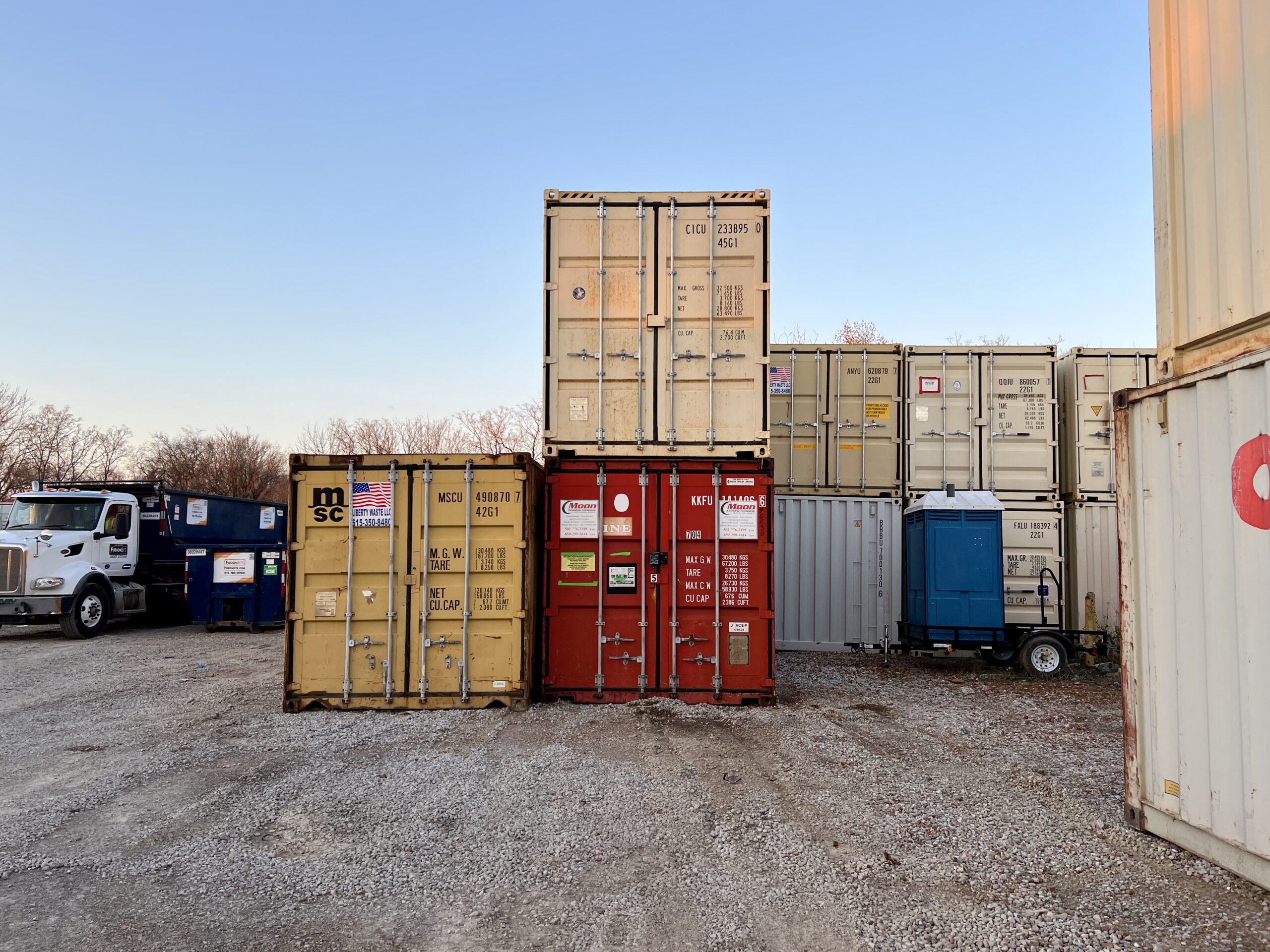
In the charming town of Calhoun, our storage containers bring the perfect blend of local appeal and functionality. Nestled near the historic Hiwassee Railroad Bridge, a symbol of the town's rich heritage, and with the annual celebration of the Hiwassee River Rail Adventure drawing visitors from near and far, our containers are a staple in this picturesque setting. Whether you're hosting a local festival or need temporary storage amidst nature, our containers are your go-to choice. Not only do we provide clean and durable storage solutions, but we also enhance the guest experience for any occasion. Our commitment to reliable and convenient service positions us as a top choice in the area. Choose our storage containers for your needs and see why Calhoun trusts us to keep their events and projects running smoothly.
Calhoun knows the importance of having reliable storage, and that's why our storage containers are the best choice. Rooted in the heart of this community, we value local connections and understand the unique charm of this area. Our exceptional service paired with a deep understanding of the community's needs positions us as leaders in storage solutions. We prioritize trust, integrity, and service excellence, ensuring every customer receives nothing short of the best.
Efficiency and reliability are core to how we operate, ensuring your storage container services are nothing short of robust. From the moment you reach out to delivery day, our team works diligently to ensure your needs are swiftly addressed. Our containers are perfect for projects requiring immediate solutions, and we assure fast and dependable service without compromising quality.
Calhoun's Premier Storage Container Services
Renting a storage container in Calhoun is a straightforward and hassle-free process. Begin by navigating to our website to find forms at the top and bottom of each page, designed for your convenience. Simply complete the form by entering your first name, last name, phone number, and email, allowing us to tailor a quote to your specific requirements. Alternatively, you can utilize our strategically placed 'Get A Quote' buttons found throughout the site to initiate your request. Once your details are submitted, our knowledgeable team will contact you promptly, ensuring all your storage needs are met efficiently. Whether it's for construction jobs, home renovations, or events, our dedicated team is poised to provide a personalized experience to cater to your unique needs. We are committed to making the rental process seamless, ensuring timely delivery, excellent service, and complete satisfaction. Count on us to be with you every step of the way, from inquiry to delivery and beyond, as we turn your storage plans into reality.
Typically, our storage container delivery timeframe is designed to accommodate the urgency of your project needs while maintaining high accuracy. Our efficient process begins once you've finalized your rental format, ensuring swift action from our dedicated team. Typically, orders are processed within a defined timeline, with many containers dispatched within days of confirmation. We've established structured logistical workflows optimized to regulate delivery across our service regions effectively. Customers can rely on transparency throughout, with our staff keeping you informed of each step. For standard orders, consider a general preparation and delivery period, including coordination with our logistics partners for precise arrival times. In certain cases, expedited services can be arranged, contingent upon current requisition volumes and priority constraints. Our commitment to client satisfaction underscores our promise to facilitate timelines that align seamlessly with your operational demands ensuring efficient, reliable service delivery.
Yes, we proudly service a wide range of events and construction projects, providing versatile solutions to meet diverse needs. Whether it's for large festivals, lively sporting events, elegant weddings, or professional corporate events, our team is equipped to handle it all. We offer a comprehensive suite of services beyond storage containers, including luxury restroom trailers, clean porta potties, and durable roll-off dumpsters. For events that require thorough planning and coordination, our fencing and barricades solutions are ideal, offering enhanced safety and organization. We also cater to specialized settings requiring holding tanks, ADA units, and convenient portable sinks. At your disposal are hand sanitizer stations to ensure hygiene is at the forefront of any occasion. Our robust service model ensures we accommodate every request with meticulous attention to detail, making us your partner for event and project success.

